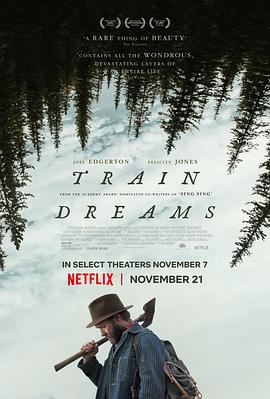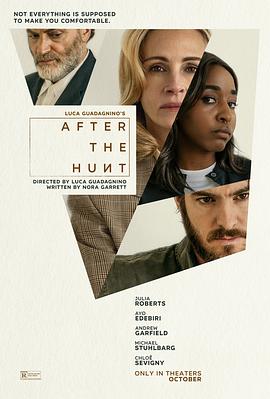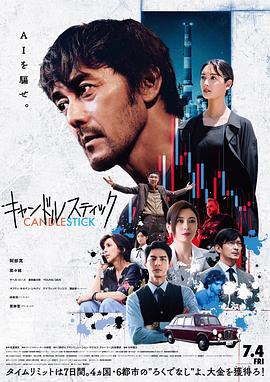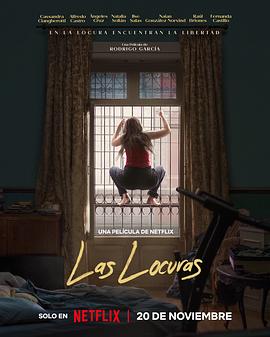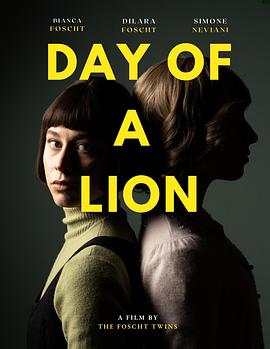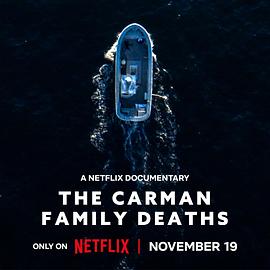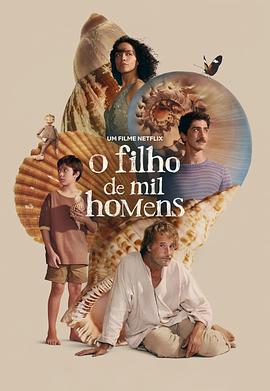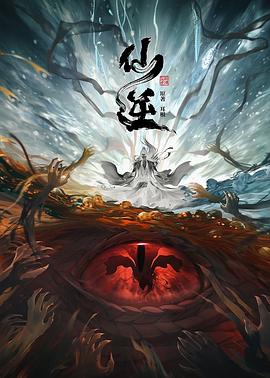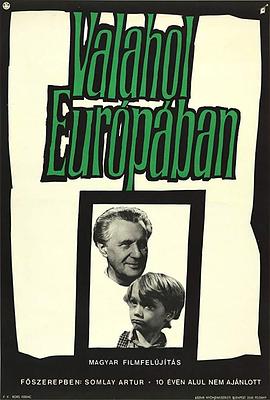
上映:
1948-11-19
备注:
HD中字
:欧洲的某个地方 (豆瓣评分:9.0)
TAG:
剧情:
Somewhere in the remote region, the war ends. In the midst of ruined cities and houses in the streets, in rural hamlets, everywhere where people still live, are children who have lost their homes and parents. Abandoned, hungry, and in rags, defenseless and humiliated, they wander through the world. Hunger drives them. Little streams of orphans merge into a river which rushes forward and submerges everything in its path. The children do not know any feeling; they know only the world of their enemies. They fight, steal, struggle for a mouthful of food, and violence is merely a means to get it. A gang led by Cahoun finds a refuge in an abandoned castle and encounters an old composer who has voluntarily retired into solitude from a world of hatred, treason, and crime. How can they find a common ground, how can they become mutual friends The castle becomes their hiding place but possibly it will also be their first home which they may organize and must defend. But even for this, the price will be very high. To this simple story, the journalist, writer, poet, scriptwriter, movie director, and film theoretician Béla Balázs applied many years of experience. He and the director Géza Radványi created a work which opened a new postwar chapter in Hungarian film. Surprisingly, this film has not lost any of its impact over the years, especially on a profound philosophical level. That is to say, it is not merely a movie about war; it is not important in what location and in what period of time it takes place. It is a story outside of time about the joyless fate of children who pay dearly for the cruel war games of adults. At the time it was premiered, the movie was enthusiastically received by the critics. The main roles were taken by streetwise boys of a children's group who created their roles improvisationally in close contact with a few professional actors, and in the children's acting their own fresh experience of war's turmoil appears to be reflected. At the same time, their performance fits admirably into the mosaic of a very complex movie language. Balázs's influence revealed itself, above all, in the introductory sequences an air raid on an amusement park, seen in a montage of dramatic situations evoking the last spasms of war, where, undoubtedly, we discern the influence of classical Soviet cinematography. Shooting, the boy's escape, the locomotive's wheels, the shadows of soldiers with submachine guns, the sound of a whistle—the images are linked together in abrupt sequences in which varying shots and expressive sharp sounds are emphasized. A perfectly planned screenplay avoided all elements of sentimentality, time-worn stereotypes of wronged children, romanticism and cheap simplification. The authors succeeded in bridging the perilous dramatic abyss of the metamorphosis of a children's community. Their telling of the story (the scene of pillaging, the assault on the castle, etc) independently introduced some neorealist elements which, at that time, were being propagated in Italy by De Sica, Rossellini, and other film artists. The rebukes of contemporary critics, who called attention to formalism for its own sake have been forgotten. The masterly art of cameraman Barnabás Hegyi gives vitality to the poetic images. His angle shots of the children, his composition of scenes in the castle interior, are a living document of the times, and underline the atmosphere and the characters of the protagonists. The success of the picture was also enhanced by the musical art of composer Dénes Buday who, in tense situations, inserted the theme of the Marseilaise into the movie's structure, as a motive of community unification, as an expression of friendship and the possibility of understanding. Valahol Europaban is the first significant postwar Hungarian film. It originated in a relaxed atmosphere, replete with joy and euphoria, and it includes these elements in order to demonstrate the strength of humanism, tolerance, and friendship. It represents a general condemnation of war anywhere in the world, in any form.
更新时间:
2025-09-08 04:24:55
播放量:
448次
剧情简介
相关影片
2025
剧情片
美国
乔尔·埃哲顿 菲丽希缇·琼斯 凯瑞·康顿 威廉·H·梅西 小克利夫顿·克林斯 邢思杰 戴维·保罗·奥尔森 John Patrick Lowrie Chuck Tucker Rob Price 保罗·施耐德 Brandon Lindsay 纳森尼尔·阿坎德 Eric Ray Anderson 约翰·迪尔 Beau Charles Rick Rivera Taylor McKinley Ashton Singer Zoe Rose Short
影片改编自丹尼斯·约翰逊的中篇小说。讲述在20世纪初瞬息万变的美国,伐木工兼铁路工人罗伯特·格雷尼尔致力于修建横跨美国的铁路,经历了有着意想不到的深度、美丽和奇异的生活。
更新HD
2025
剧情片
美国,意大利
更新HD
2025
剧情片
中国大陆,中国香港
更新HD
2025
剧情片
日本
更新HD
2025
剧情片
墨西哥
更新HD
2025
剧情片
加拿大
更新HD
2025
剧情片
美国
更新HD
正在热播
更多更新第105集
2021
动漫
大陆
更新第231集
2025
国产剧
中国大陆
段奕宏 秦昊 于文文 吴幸键 刘欢 侯岩松 吴晓亮 张世 胡明 刘之冰 钱漪 王建新 葛四 闫楠 刘帅良 傅淼 马跃 王建国 郑强 郑楚一 万沛鑫 侯勇 韩烨洲 张浩天 邓薇 李晨 郑浩南 海一天 许绍雄 郎月婷 霍青 周晓鸥 佟磊 孙浩 王柠 向佐 刘润南 李依晓 刘柏辛 吴莫愁 左小青 李蔓瑄 王龙正 于洋 刘天佐 陈山聪 包贝尔 王锵 王艺禅 高峰 任帅 姜彤 裴魁山 张继南 邢瀚卿 盛少 赵成顺 百力嘎
1995年,缉毒警林强峰(段奕宏 饰)结束卧底生涯,为追查毒品线索调任西港市禁毒支队。彼时,走私商卢少骅(秦昊 饰)一夜间倾家荡产,却也因此发现冰毒的巨大利润,心生邪念成为一名制毒师。数年间,林强峰带
更新第33集
2025
国产剧
中国大陆
更新第32集
2025
国产剧
大陆
更新第30集
2025
国产剧
中国大陆
更新第36集
2025
国产剧
中国大陆
更新第33集

